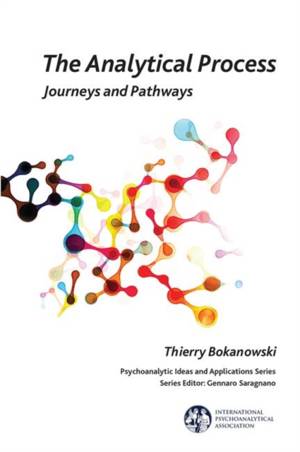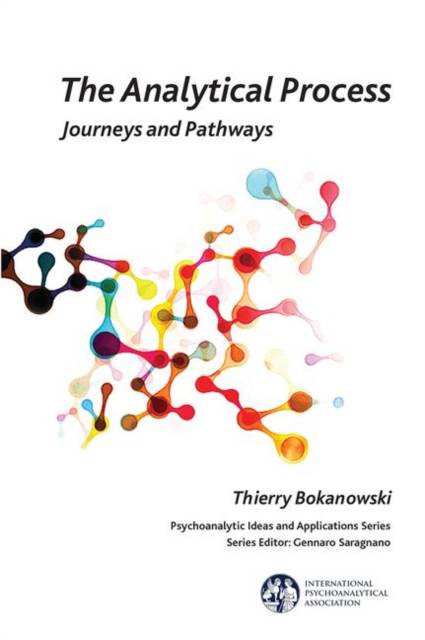
- Afhalen na 1 uur in een winkel met voorraad
- Gratis thuislevering in België vanaf € 30
- Ruim aanbod met 7 miljoen producten
- Afhalen na 1 uur in een winkel met voorraad
- Gratis thuislevering in België vanaf € 30
- Ruim aanbod met 7 miljoen producten
Zoeken
Omschrijving
The term 'psychoanalytical process', though occurring but rarely in Freud's works, has become firmly established nowadays despite being hard to define, explain, or pin down in conceptual or meta-psychological terms. Although it is often employed as equivalent to 'psychoanalytic work', currents of thought that draw on the idea display a certain ambivalence, for it can relate both to a theory of treatment (the practice of analysis) and to a theory of mind (a theory of psychic functioning). Before developing his own original perspectives about the consequences of the heterogeneity of psychic functioning, the author examines how various practitioners have approached this subject since Freud. He shows how each has shed useful new light on this issue, leading to a diversity of points of view, thereby justifying the idea of the 'process' within psychoanalytic treatment.
Specificaties
Betrokkenen
- Auteur(s):
- Uitgeverij:
Inhoud
- Aantal bladzijden:
- 324
- Taal:
- Engels
- Reeks:
Eigenschappen
- Productcode (EAN):
- 9780367104047
- Verschijningsdatum:
- 5/07/2019
- Uitvoering:
- Hardcover
- Formaat:
- Genaaid
- Afmetingen:
- 155 mm x 234 mm
- Gewicht:
- 589 g

Alleen bij Standaard Boekhandel
+ 364 punten op je klantenkaart van Standaard Boekhandel
Beoordelingen
We publiceren alleen reviews die voldoen aan de voorwaarden voor reviews. Bekijk onze voorwaarden voor reviews.











